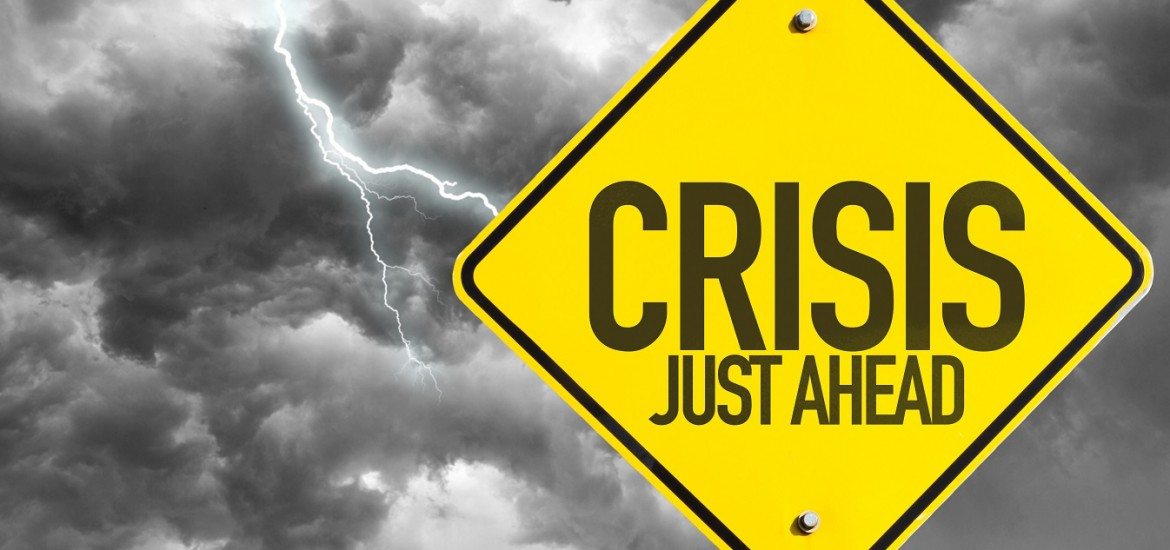
In the year 2006, housing prices stalled and then collapsed until 2009. During this period, all subprime lending schemes were exposed, and many mortgage defaults increased. The defaults resulted in a banking crisis, and since banks around the world are highly interconnected, the crisis spread quickly around the world. A credit freeze resulted from the crisis in the banking sector and it simultaneously led to the collapse of companies and other institutions. Jobs were cut, and deficits of both corporate agencies and consumers led to debts. Through the indebtedness, downgrades arose resulting in severe defaults.
In the initial stages of the crisis, defaults were avoided because governments and central banks came to the rescue. Failing banks, companies, and governments were salvaged from their deteriorating situations. Throughout the crisis, the central banks assisted failing banks to recapitalize, avoided additional failure effects, and restored confidence in consumer spending.
In 2006, the collapse of the housing sector was the cause of the global economic crisis. Currently, the most probable cause of the crisis will be the persistently low oil prices. It is predicted that this time the crisis will be felt more severely since governments and central banks do not have enough reserves and resources to bailout failing countries, banks, and governments.
Nonetheless, the Bank of Japan and European Central Bank can avert disaster by stepping in and purchasing commodities, specifically oil. According to the global economic crisis- an analysis shows that these two banks have set up these buying measures in their QE programs.
The oil industry is presenting the biggest threat to the global economy, and if the policymakers do not step in quickly, an economic crisis will emerge. The oil producing and exporting countries (OPEC) are involved in price wars that have resulted in the reduction in the crude oil price per barrel. Furthermore, the recent lift of trade sanctions on Iran has led to the supply of more oil into the already oversupplied market. The price wars combined with oversupply has maintained the oil prices at outrageously low levels.
These conditions are consistently adding up to result in another global financial crisis in less than ten years. The primary indicator that the markets are preparing for the crisis is the low levels at which key bank stocks in Europe are trading. The levels are lower than those in the 2009 global financial crisis making the current situation to have a potential of resulting in worse economic conditions. Also, European banks and North American insurance companies are deteriorating rapidly.
Companies like Chesapeake Energy that is the 2nd largest gas producer in the US have begun restructuring their debts meaning that they are threatened by bankruptcy. Though most of the blue chip share prices have not yet been affected by the looming crisis, a quick solution is required to stabilize the oil industry. Failure to support the oil industry will affect other global economy sectors mainly banks causing a major global financial crisis.
China economic slowdown has also affected the world economy making consumer spending weaker. For the developed nations, the crisis will diminish economic growth with many currently stating that a flat growth rate is a new up. Furthermore, jobs will be lost, and debts will increase extensively affecting the operations of the global banking and financial sector. The developing nations will be the worst hit since there will be not many resources to bail them out when the crisis hits.
